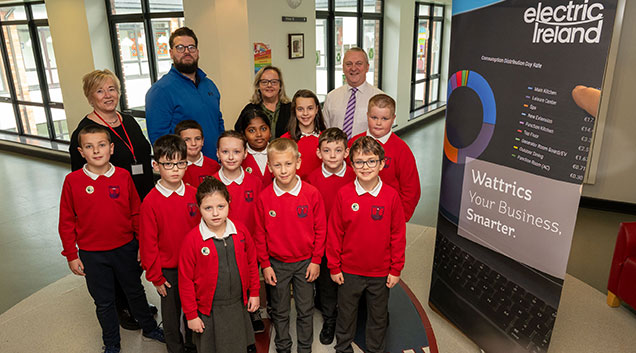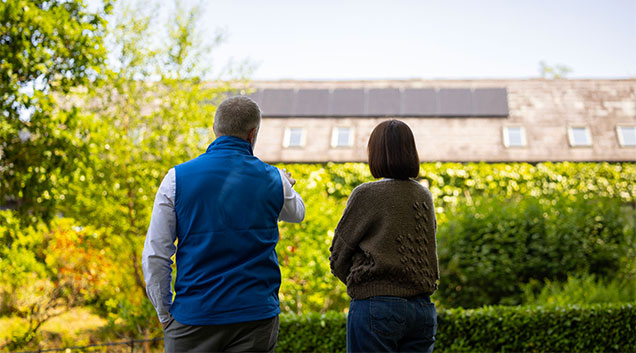Volkswagen Sustainably Revamping the Iconic Beetle
Volkswagen have taken a firm view on sustainability and second life with their latest ventures in the EV market. Ahead of the Frankfurt Motor Show in September, the German car manufacturer unveiled the latest edition to its growing EV fleet, the ID.3. The key statistics for the ID.3 have it a price point of ‘under €30k’ and with a range of up to 550 km for the 77kWh model. The 58kW electric motor means it has a top speed of approx. 160km. In a further bold claim, Volkswagen have stated that the ID.3 will be carbon neutral upon delivery.
While the ID.3 is the focus on the future of Volkswagen, they are not ignoring their past. The company has revealed plans that could see the classic Beetle back on the road with a new lease on life. Volkswagen have partnered with eClassic on a scheme to convert classic Beetles into EVs with a 36.8kWh lithium ion battery that will give it a range of 200km and boost its top speed to 150km/h. This is a full retrofit, replacing the old drivetrain with the E-Ups powertrain, putting the Beetle firmly in the agile city car category. Plans are also in place to do the same with the iconic Volkswagen Samba Camper van.
Volkswagen are also taking a new sustainable approach to their EV batteries. Two new programmes are in place for batteries that reach the end of their lifecycle in cars. The first is to convert them into portable charging stations, with a capacity of 360 kWh of energy and which have a maximum quick-charge output of 100 kW. This will be a great benefit in areas where the EV charging grid is still in developing or planning stage, remote locations, or events with a temporary but high need for charging facilities, such as festivals and concerts. VW will begin production of the portable chargers in 2020.
Batteries that have been damaged or unsuitable for portable chargers will be repurposed at Volkswagen's battery recycling centre at Salzgitter. The plant will be recycling up to 1,200 tonnes of EV batteries per year, breaking it down to a powder of cobalt, lithium, magnesium and nickel, which can be used in the production of new EV batteries.
VW is targeting 97% recyclability on their EV batteries. Thanks to Salzgitter plant, VW states that 53% of battery pack parts are currently recycled. This will reach 72% once it is fully operational, with more plants due to come online in the 2020s to help them reach their goal.



